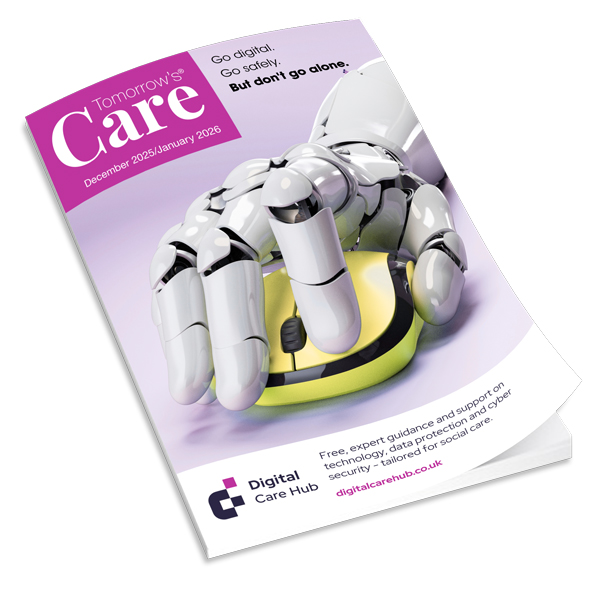- Home
- >
- Mid-life obesity dementia
Obesity in thirties increases risk of dementia

Obesity in mid-life is linked to a heightened risk of dementia in later life, concludes an observational study published in Postgraduate Medical Journal.
Researchers at the University of Oxford found that the age at which a person is obese seems to be a key factor - with an apparent tripling in the risk of developing dementia for people who are obese in their thirties.
The increased risk of dementia declined as obesity was diagnosed later in life, and those who were obese over the age of 70 were not more likely to develop dementia than those without obesity.
Given that this is an observational study, no definitive conclusions can be drawn about cause and effect. However, the findings support existing published studies, which report an increased risk of dementia in people who are obese under the age of 60, but a reduced risk in older obese people.
Dr Clare Walton, Research Communications Manager at Alzheimer’s Society, said: “The finding that people who are obese in their thirties are three times more likely to get dementia is striking, but it is difficult to draw firm conclusions from a study where only 19 of the 451,232 people observed were obese in their thirties and went on to develop dementia.
“We know what is good for your heart is good for your head and that the best way of reducing your risk of developing dementia is to eat a balanced diet, maintain a healthy weight, exercise regularly and get your blood pressure and cholesterol checked.”
- CQC ratings
- Care home news
- Care jobs
- Care planning
- Care sector awards
- Care sector events
- Care sector news
- Care staff
- Charity
- Cleaning & Hygiene
- Construction
- Dementia
- Disability
- Entertainment
- Finance
- Fitness
- Food & Drink
- Fundraising
- Furniture
- Health & Safety
- Healthcare
- Hospice & Palliative Care
- Hospitals
- Industry Comment
- Interiors
- Laundry
- Legal
- Leisure
- Medication
- Mental Health
- Mobility
- New appointments
- PPE
- Products
- Property
- Recruitment
- Relationships
- Research
- Safeguarding
- Security
- Services
- Social care
- Sustainability
- Technology
- Training
- Transport
- Uniforms
- Waste
- Wearables















